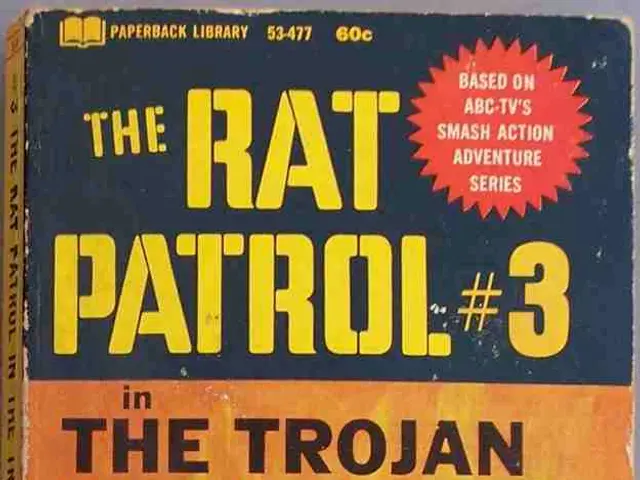"It's essential to complete transportation reform". Deputies approved a record deficit budget for the city.
Yekaterinburg's Transport Revolution: Unleashing the City's New Motion
The transportation game in Yekaterinburg just got a major overhaul. Kicking off in the previous year, this transport revolution has been transforming the city's public transit system, with stricter adherence to scheduled operations now enforced. As of February this year, all service providers working in the public transit sector are operating under gross-contracts, meaning budget proceeds from fares will flow into the city coffers, while transport companies will receive payments based on the kilometers traveled rather than the number of passengers served.
In recent news, it was announced that City Hall has accelerated transportation expenditures to unprecedented levels of 18 billion rubles. Following budget corrections, transportation costs skyrocketed by a whopping 43%.
- background information *
This shift towards a more efficient and modern transportation system aligns with broader endeavors to enhance infrastructure development and stimulate economic growth throughout Russia. Notably, Russian Railways (RZD) sees high-speed rail projects as a top priority, including the Moscow–Kazan–Yekaterinburg high-speed line - part of an ambitious national program seeking to modernize and expand the nation's rail infrastructure. Although this primarily concerns the railway sector, it reveals a compelling interest in transportation improvements across the country.
As for Yekaterinburg's public transit enhancement, proposed reasons for the increased budget allocation could include:
- Economic Growth: Investing in public transportation can fuel economic growth by promoting connectivity and trade opportunities.
- Public Demand: An uptick in public demand for effective and modern transport services could motivate authorities to allocate more funds for the sector.
- Infrastructure Development: Addressing the pervasive lack of infrastructure, particularly in tourism hotspots, is a significant challenge in Russia. Targeted investments in transportation could help resolve these gaps.
In terms of funding allocation, transport projects in Russia normally receive funding either from state-owned organizations, such as Russian Railways, or through government initiatives aiming to enhance infrastructure.
- Government Initiatives: The Russian government frequently funds infrastructure development through nationwide projects, potentially including budget allocations for transportation enhancements.
- Private Investment: In certain instances, private investors may be persuaded to participate in infrastructure projects with government incentives, such as those seen in hotel construction.
Overall, while no specific details about the Yekaterinburg budget allocation are available, the wider context of Russian infrastructure development suggests that transportation investments could form part of a broader strategy to boost connectivity and economic growth. So, buckle up, Yekaterinburgers, your city's transport future is looking brighter than ever!
- The increased budget allocation for Yekaterinburg's public transit system could be a tactic to stimulate economic growth, as investing in transportation can promote connectivity and trade opportunities.
- The staggering rise of 43% in transportation costs in Yekaterinberg is evidently a result of the city hall's accelerated spending on transportation-related projects.
- The introduction of gross-contracts for public transit service providers in Yekaterinburg represents a shift in the finance industry, as transportation companies now receive payments based on the kilometers traveled, rather than the number of passengers served.
- In addition to the public transit sector, government initiatives aim to modernize and expand the nation's transportation infrastructure, such as the Moscow–Kazan–Yekaterinburg high-speed line, which aligns with broader goals to foster economic growth and efficiency in the industry.








